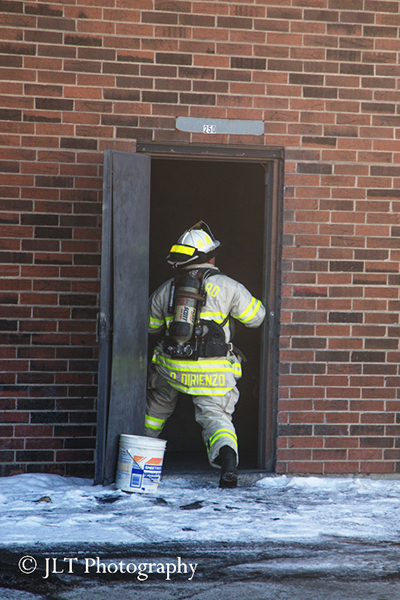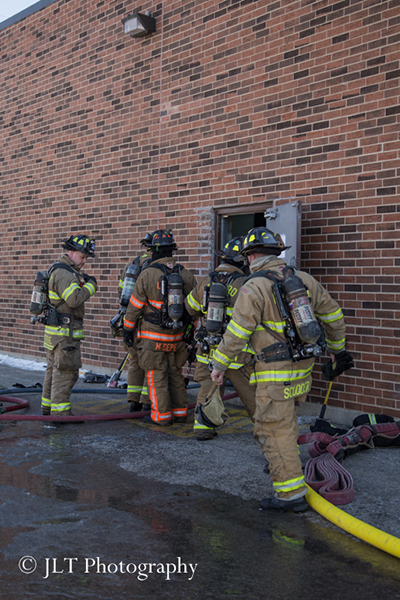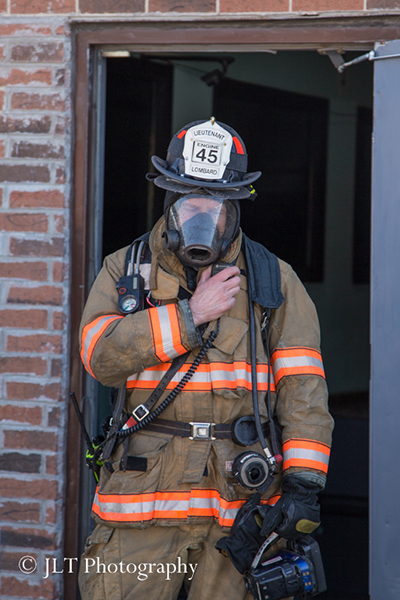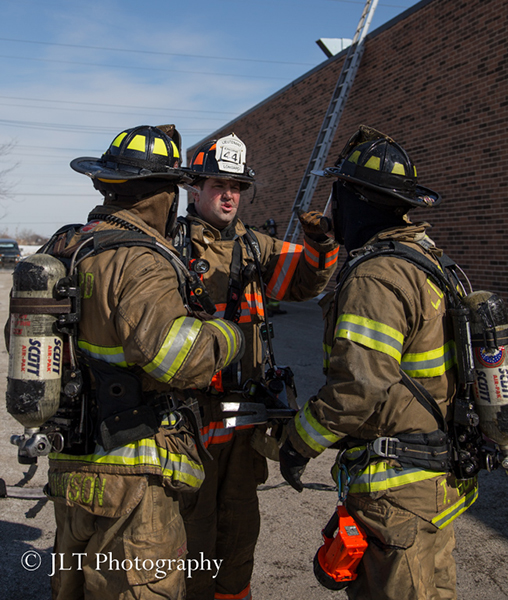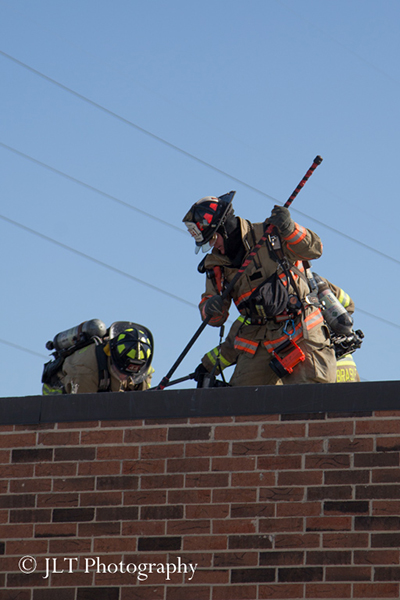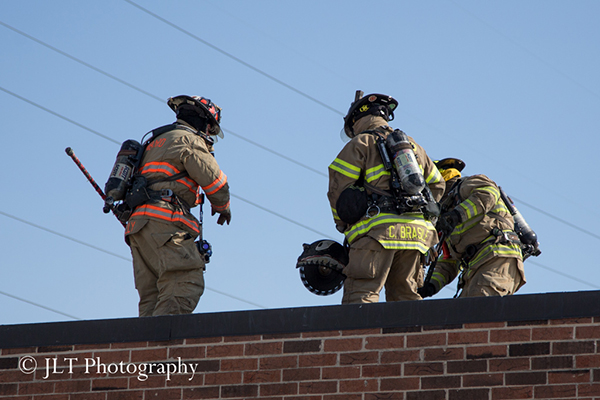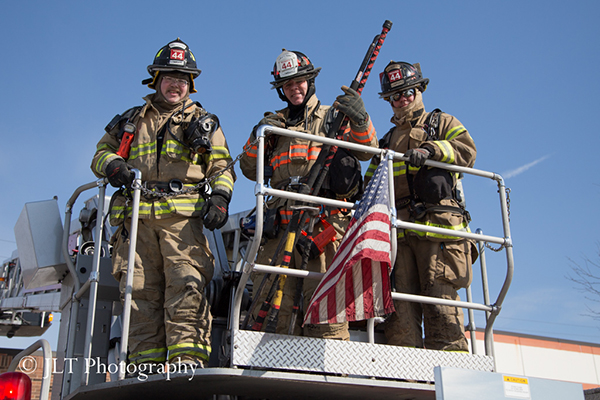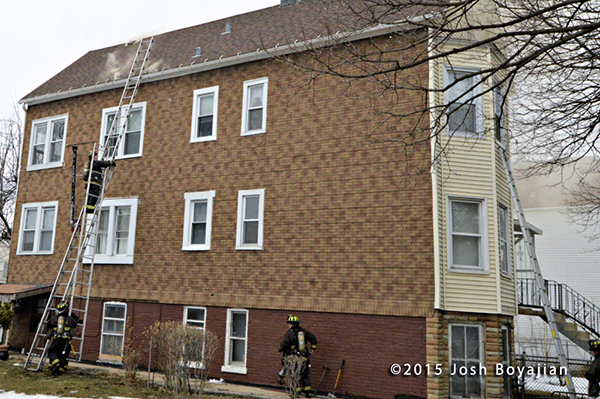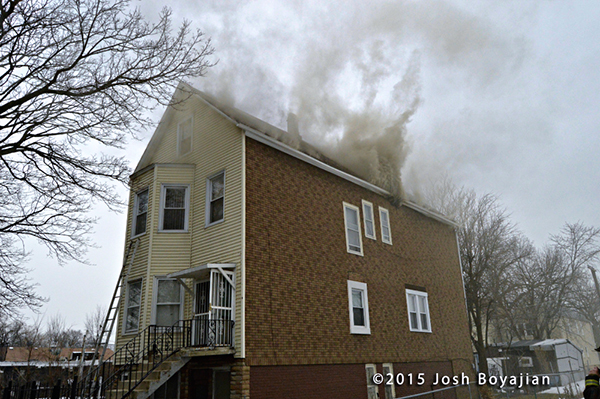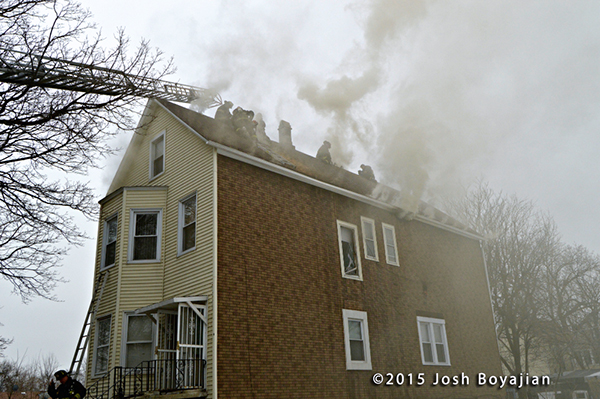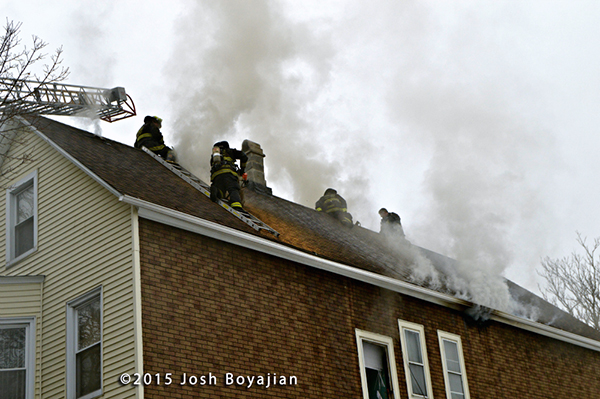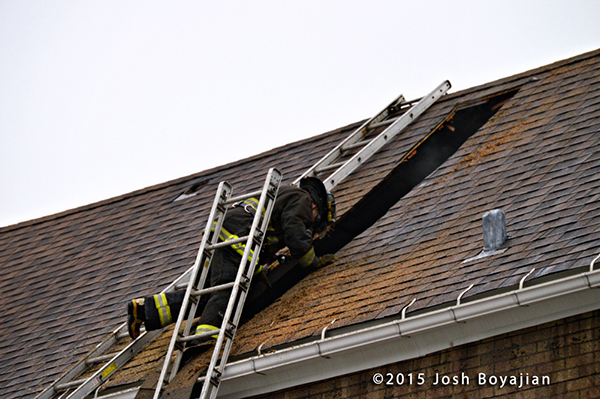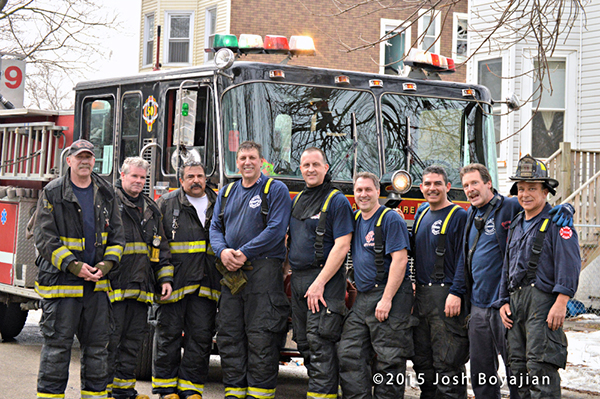Excerpts from an editorial in the Chicagotribune.com written by Oak Lawn Village Manager Larry Deejten:
On Feb, 27, the Daily Southtown ran a story regarding Oak Lawn firefighters and a state board ruling that ordered back pay of $3.2 million with a 7 percent interest rate compounded. Respectfully, immediate clarification is needed for all your readers, not just Oak Lawn taxpayers.
Sadly, the Oak Lawn model of delivering fire-rescue services is broken, and the Oak Lawn fire union officials quoted in the article have resisted changes asked by management for a system that has not changed staffing protocol for 25 years. No industry in America could have survived that steadfast resistance to change without filing for bankruptcy.
The taxpayers of Oak Lawn through their mayor and trustees have not had a voice due to legislation signed by former Gov. Quinn after approval by a general assembly that gets sizable campaign contributions from the International and Illinois Firefighter Associations. One fire union alone donated over $450,000 in 2014. Structural and political impediments to change have been in place in spite of pleas from nearly every major Illinois town and the Illinois Fire Chiefs Association and the Illinois Municipal League.
Oak Lawn fire union representatives will bolster their stance on staffing by citing “workplace safety,” that “staffing needs are dictated by the teamwork nature of firefighters” and “increasing workload.”
Oak Lawn takes great pride in supporting its police and firefighters. More than 60 percent of the village’s main operating fund goes for public safety. Unfortunately, the fire union’s resistance to change is costing the village more than $2 million per year in state-mandated firefighter overtime, or more than $36,000 per firefighter.
Gov. Rauner has called for shared sacrifice to get our state economically competitive and fiscally strong again. Budgets need to be balanced and pensions funded at levels in line with the taxpayers who pay those benefits. It will take all parties working together to achieve that goal, and local elected officials must be given the tools to manage their operations.
In Oak Lawn’s case, surrounding communities use alternative models for providing fire-rescue services that work quite well at lower cost. Like any business striving to survive in a highly competitive and changing environment, “best practices” must be used.
Some key issues for consideration:
•Oak Lawn is not “0 for 7” in lawsuits filed against it by International Firefighters Union Local 3405. Oak Lawn respects the law but also its obligation to appeal decisions when deemed not to be in the public’s interest. There is changing political leadership over time and different judges, arbitrators and other officials who decide every case on its merit. In the back pay decision, a state employee seriously erred in directing the village to pay firefighters — who average $89,000 in wages — $3.2 million in back pay for work never performed and for no improvement to public safety.
•More than 70 percent of Oak Lawn firefighters neither live nor pay property tax in Oak Lawn. the union leader who was pictured and quoted in the Southtown story resides in Glen Ellyn, where the median household income is $87,904 as opposed to Oak Lawn’s $54,828 and the ability to pay for fire-rescue services is more than twice Oak Lawn’s households’ ability.
•Why not stop appealing decisions in favor of firefighters and just hire more firefighters to staff fire stations with 22 positions around the clock? The village has prudently avoided spending more than $3.6 million cumulatively since 2008 and will avoid further costs annually by not filling vacant positions and incurring overtime that’s a wasteful expenditure of taxpayer money. For every firefighter, Oak Lawn pays an average of more than $120,000 per year in pay and benefits and must account for an average pension that will be worth a total of $1 million. The financial impact of the ruling by the Illinois Labor Relations Board, if upheld, is not a one-time payment but carries a recurring cost of more than $600,000 per year compounded over time. In five years, another $3 million in unnecessary costs will be borne by Oak Lawn taxpayers.
•Is safety compromised by deploying fewer firefighters when their workload is increasing? Absolutely not. In technical terms, the utilization rate on a typical workday is low, and our fire Mutual Aid System accounts safely for non-typical days. Firefighters have a tough job, and our firefighters and paramedics do a fine job for our community. Fire Chief George Sheets is a well-respected professional and would never allow anything that puts either our residents or firefighters in harm’s way.
•Oak Lawn is blessed to belong to MABAS, one of the country’s top two fire mutual aid systems. We and 11 other communities work together to back up each other in times of major emergencies that require more resources. This system allows the village to bring in over 100 firefighting personnel to combat a large emergency situation.
In summary, the recent state board ruling is a setback, but we have a right to appeal and would be derelict in our duty if we did not do so. It’s hard to understand why a village the size of Oak Lawn would be forced to pay 74 firefighters $3.2 million in back pay plus interest for work that was never done. This amount is 21 percent of the village’s current property tax levy, and it has no funds to make that payment.
Oak Lawn is a fair employer with a workforce turnover rate far below industry standards nationwide. We are appealing the board’s ruling because we think it is unfair and incorrect. We hope all our employees would understand that.
For additional information and the village’s comprehensive statement, readers can go to http://www.oaklawn-il.gov/home/showdocument/id=4788, where wages for all village employees in 2014 are listed.
thanks Dan
